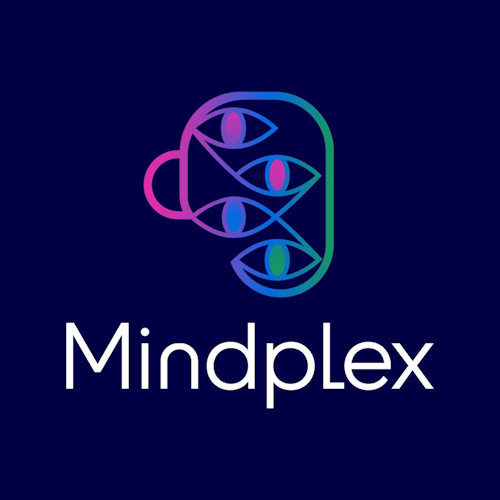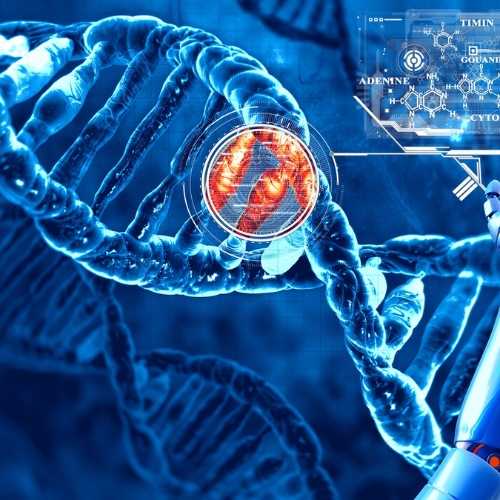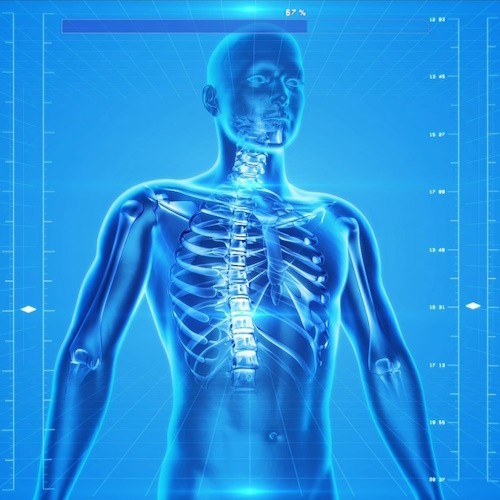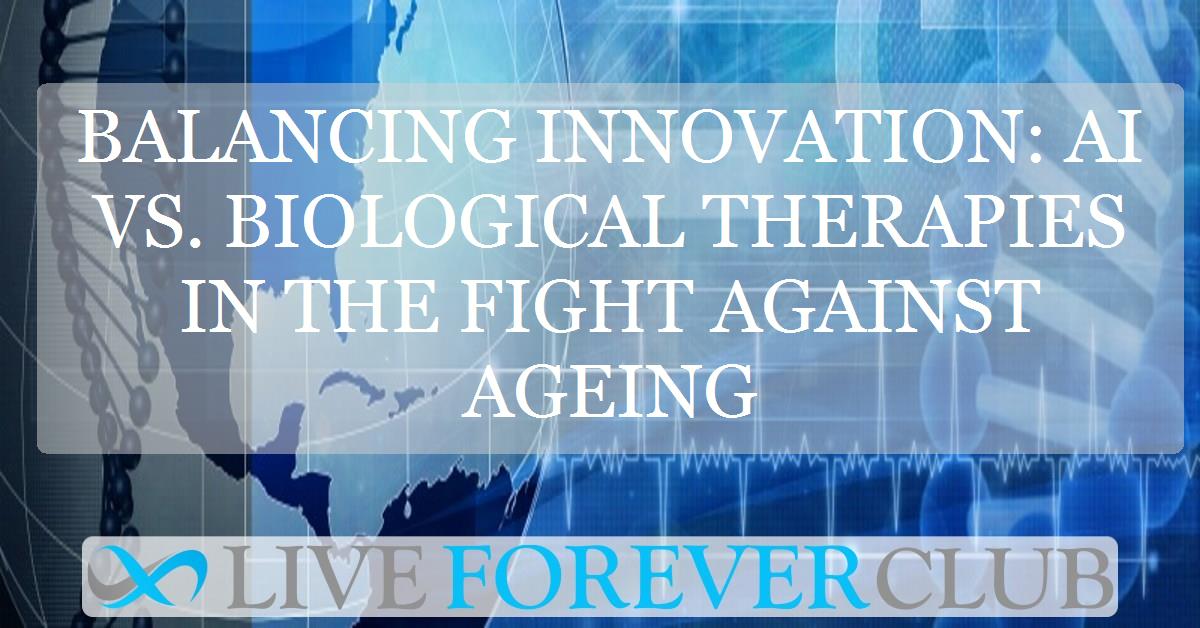Key points from article :
There are two major strategies being discussed for solving ageing: one advocates focusing on advancing artificial intelligence (AI), while the other emphasizes developing biological therapies in the present. Proponents of the "AI-first" approach argue that developing superintelligent AI could provide a rapid solution to ageing and other critical challenges. The idea is that once AI reaches a level of general intelligence, it could outpace human scientists and researchers, solving problems like ageing, disease, and environmental challenges in a fraction of the time it would take using current methods. AI-powered tools such as AlphaFold, which has revolutionized protein structure prediction, are cited as evidence of the potential for AI to drive scientific progress. Moreover, AI could enhance areas like gene editing, stem cell therapy, and immune system modulation, all of which have the potential to combat ageing by repairing the body's biological damage.
However, critics of this approach highlight that AI, as it exists today, is still highly dependent on vast amounts of high-quality data. While AI systems like AlphaFold have achieved remarkable successes, they were built upon decades of painstaking work by scientists, particularly the creation of extensive protein data banks. As AI systems rely on the data they are trained on, the idea that AI alone could solve ageing—without further biological data—is seen as overly optimistic. Moreover, critics argue that AI systems currently lack the capability to innovate without data. They emphasize the importance of human-driven scientific exploration, which includes observation, experimentation, and trial and error.
In contrast, those advocating for a direct focus on biological therapies argue that rejuvenation biotechnology offers more immediate, tangible solutions. Ageing is the result of accumulated biological damage, and with advancements in biotechnology, it is possible to reinforce or restore the body's natural repair mechanisms. These technologies, such as senolytics (which target "zombie" cells), telomere extension, and mitochondrial rejuvenation, have shown promise in slowing down or reversing some aspects of ageing. Additionally, experiments on animals have already demonstrated some positive results in extending lifespans, offering hope that similar methods could one day be applied to humans. However, for these therapies to become widely available, extensive research, funding, and long-term studies are needed to test their safety and effectiveness.
The key concern is that, with the current focus on AI development, critical funding for rejuvenation biotechnology may be diverted, delaying progress in biologically-based solutions. This presents a dilemma: should resources be directed toward the uncertain future of AI, or should they be used to accelerate proven biological interventions that can directly target ageing?
A more balanced approach is suggested, one that continues to advance AI while simultaneously prioritizing biological research. This strategy could enable the development of rejuvenation therapies in the short term, while leveraging AI to enhance these efforts. AI can be used not only as a tool to analyse data but also to help design experiments, accelerate research processes, and improve therapies. By combining both approaches, we can avoid the risks of over-reliance on AI’s uncertain timeline and make progress on combating ageing with the knowledge and technologies available today. This pragmatic path offers the potential for immediate results, while AI may play a complementary role in optimizing and expanding those efforts.






